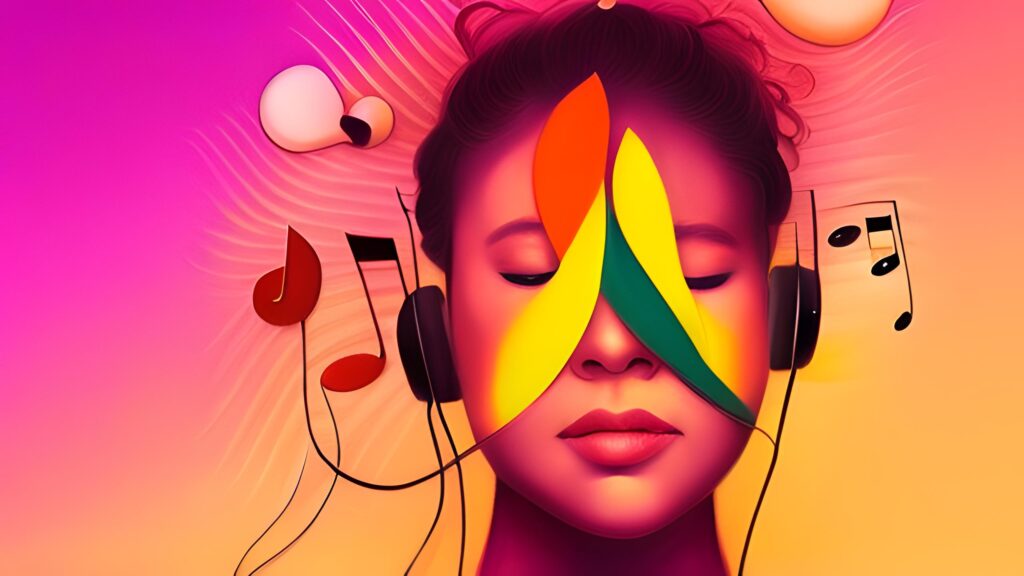Music has long been an integral part of human culture, transcending geographical boundaries and time periods. Its ability to evoke emotions, tell stories, and create connections between individuals makes it a universal language. From ancient civilizations to modern-day societies, music has evolved alongside human civilization, taking on various forms and serving multiple purposes.
The Evolution of Music Through History
Throughout history, music has served diverse roles ranging from religious ceremonies to entertainment and artistic expression. Ancient civilizations such as the Greeks and Egyptians used music in rituals and celebrations, believing in its spiritual and healing properties. In medieval Europe, music became intricately tied to religious practices, with Gregorian chants and sacred compositions shaping the musical landscape.
The Renaissance and Baroque periods marked significant developments in music theory and composition, paving the way for complex orchestral arrangements and operatic performances. The Classical era brought forth composers like Mozart and Beethoven, whose symphonies and sonatas are still celebrated for their technical mastery and emotional depth.
Genres and Diversity in Modern Music
The 20th century witnessed an explosion of musical genres and styles, influenced by cultural movements, technological advancements, and social changes. Jazz emerged as a quintessential American art form, blending African rhythms with European harmonies. Rock ‘n’ roll revolutionized popular music with its energetic rhythms and rebellious spirit, while genres like hip-hop and electronic music have redefined the boundaries of musical expression in the digital age.
The Impact of Music on Society
Beyond its artistic merits, music plays a crucial role in shaping societal norms and values. It serves as a platform for social commentary, addressing issues such as civil rights, war, and environmental concerns. Artists like Bob Dylan and Nina Simone used their music to challenge injustice and inspire activism, influencing generations of listeners.
Moreover, music has therapeutic effects, aiding in emotional expression and mental well-being. Music therapy is recognized for its ability to alleviate stress, improve cognitive function, and enhance overall quality of life for individuals facing physical or mental health challenges.
The Future of Music: Technology and Innovation
In the 21st century, technological advancements continue to reshape the music industry, from digital streaming platforms to artificial intelligence-driven composition tools. These innovations have democratized access to music, allowing artists to reach global audiences and collaborate across continents effortlessly.
However, amid these advancements, questions arise about the future of live music experiences and the role of authenticity in an increasingly digital landscape. Yet, the enduring power of music to connect people remains constant, transcending technological trends and societal shifts.
Conclusion
In conclusion, music is not merely an art form but a fundamental aspect of human experience, weaving its melodies through the fabric of history and culture. Its ability to evoke emotions, convey messages, and foster connections makes it a timeless and invaluable asset to society. As we continue to innovate and explore new musical horizons, let us remember the enduring legacy of music and its profound impact on individuals and communities worldwide.

